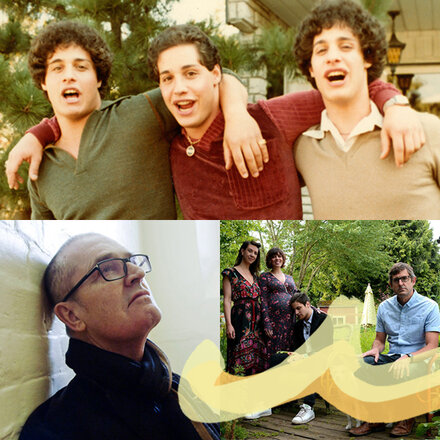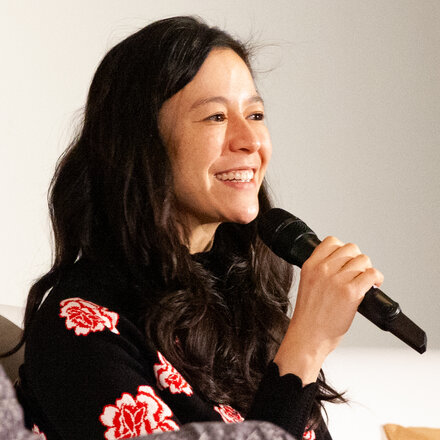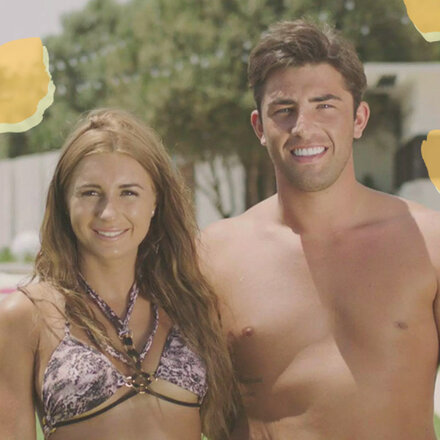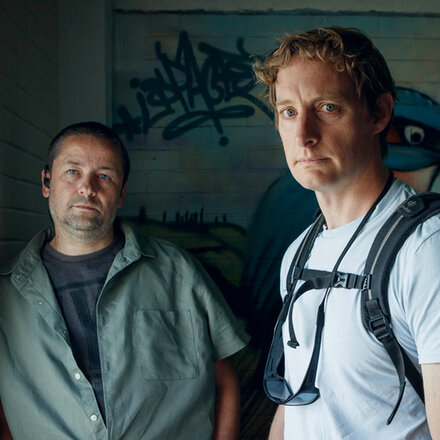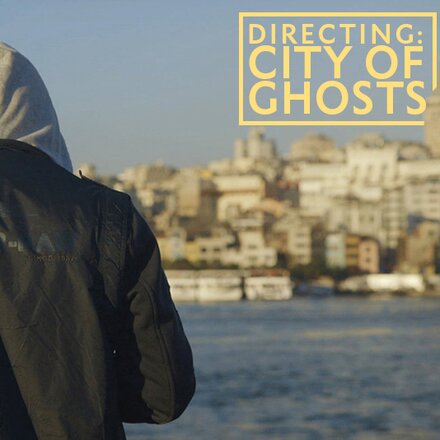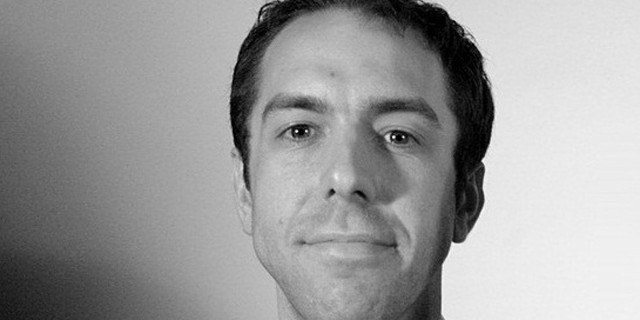
Chris Atkins: Interview
Writer/director Chris Atkins talks about his career highs and lows and reveals his top tips for documentary making.
Originally published in March 2010.
Words by Quentin Falk.
For Chris Atkins, writer and director of Taking Liberties and, more recently, Starsuckers, true filmmaking happiness has come with the complete creative control he gets making documentaries.
The penny finally dropped after trying his hand first at directing features – “terrible things, I didn’t really know what I was doing” – then producing which he did for a while notably, and most successfully, in tandem with Richard Jobson on films like 16 Years Of Alcohol and A Woman In Winter.
However, it was all too often frustration, compromise and, sometimes, downright misery. Features, Atkins sighs balefully, are “like this locomotive thundering forward at 100 miles. You sit on board occasionally attempting to change direction but the track is laid out there in front of you.”
But with documentary, 33-year-old Atkins enthuses, “you are completely in control the whole time and what I think what I particularly adore about it is that it’s just basically you and a crew of one. I never had that sort of control on a set.”
The ‘eureka’ moment arrived after he had begun, still in the midst of producing and running a post-production house, very tentatively preparing the groundwork for a documentary about what he saw as the gradual erosion of civil liberties in the UK under Tony Blair.
"The fact I was about to do an exposé of my own industry meant that doors were rather quickly shut."
Atkins spent an evening talking mostly about himself and his filmmaking plans when he finally asked his American guest, whom he was entertaining as a favour to some New York friends, what he’d done. “He” was Kurt Engfehr, who’d co-produced both Bowling For Columbine and Fahrenheit 9/11.
“So I basically took my foot out of my mouth and told him, ‘Look, I’m kidnapping you. Your two films are the ones I’m inspired by and look up to having just started my new project. Kurt was absolutely fantastic. He kept giving us incredibly brutal notes and was a complete mentor.”
Taking Liberties earned Atkins a nomination for the Carl Foreman Award at the BAFTAs in 2008. “It was hugely important for me in a very real way because it opens doors.” However, he laughs, “I didn’t get very far through them” when Starsuckers began to take shape.
The documentary, still in cinemas ahead of an airing on C4 and DVD release, is a sometimes droll and often searing, if at times scattergun, exposé of the public and media’s obsession with celebrity.
“Had I been making any other film immediately after the nomination it would have probably have helped even more but the fact I was about to do an exposé of my own industry meant that doors were rather quickly shut.
“However, it did give me and the film a certain credibility in the sense that people couldn’t ignore Starsuckers because of Taking Liberties, and had to go and see it and write about it even if they grumbled.
“It got the film on to the Guardian front page and into the London Film Festival and cinemas. All that might not have happened if I hadn’t had ‘BAFTA-nominated Chris Atkins’ up there, especially with a film nobody wanted us to make.”
Atkins’ Top Tips For Documentary Making
Fairness is futile - You have an opinion, wear it on your sleeve. Balance is for newsreaders, your job is to communicate a point of view, tell them something they don't know, but in a way that incorporates and contradicts the opposing view.
Make them laugh, and they'll listen more - Preaching is a guaranteed way to turn off your audience, and don't be scared of making light of dark subjects. Our grandparents managed to laugh their way through the blitz, and smiling in the face of horror is one of the wonderful things about the human condition.
Make films about anything other than you - A documentarist should be an off screen guide for the audience, not the subject of the film. TV commissioners will recite you some tedious nonsense that audiences need a presenter to go on a journey: ignore this. Find strong, entertaining and sympathetic characters (there are billions of them out there) and point the camera at them, not yourself.


